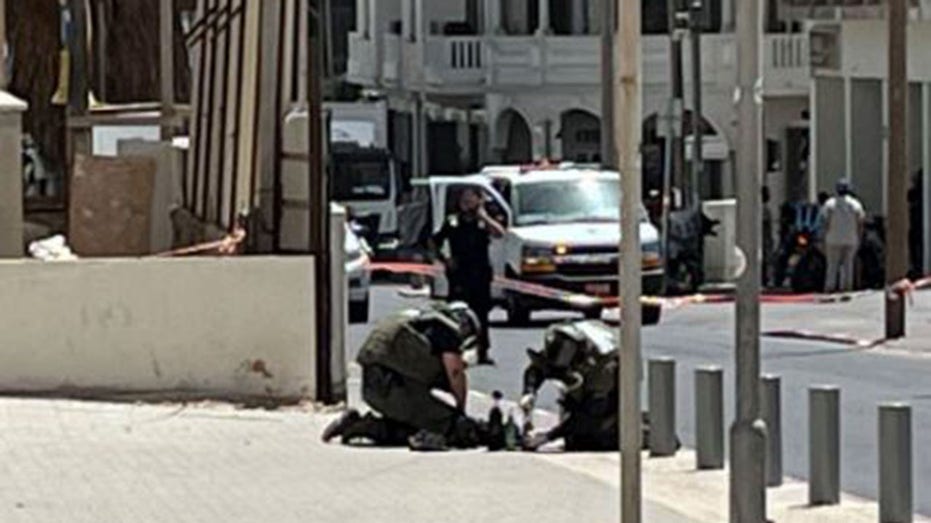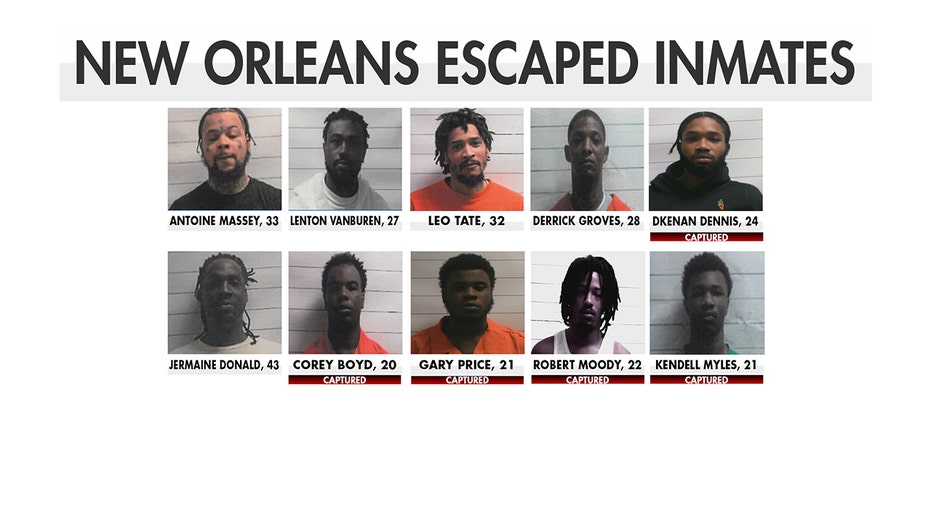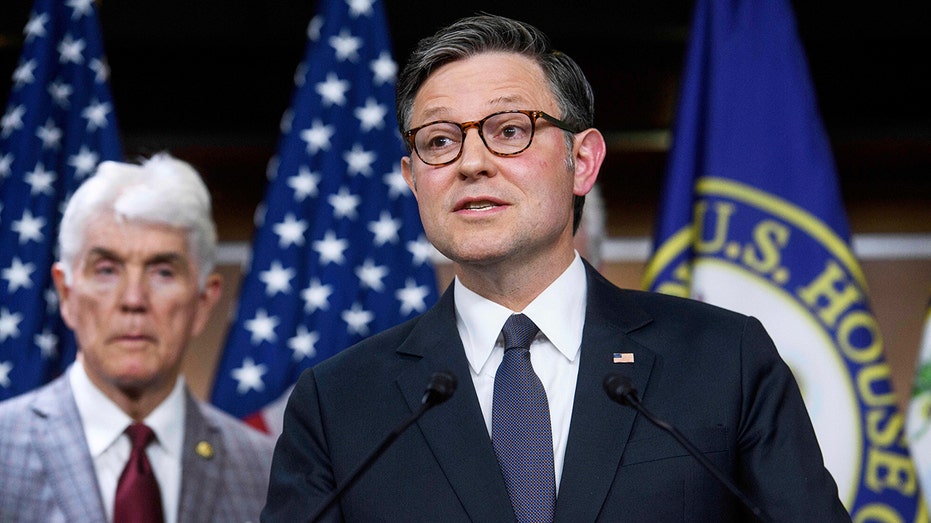Iranian Regime Media Praises Alleged DC Jewish Museum Shooter as 'Dear Brother' Amid Rising Tensions
Iranian media lauds attack on Israeli embassy staff amid U.S.-Iran nuclear negotiations, escalating regional tensions.

An official Iranian newspaper aligned with Supreme Leader Ali Khamenei has drawn widespread condemnation after praising the suspect accused of murdering an American and an Israeli in Washington, D.C. earlier this week. The newspaper, seen as a mouthpiece for Iran's hardline regime, described the alleged shooter as "our dear brother" and lauded his actions as a blow to Israel and the United States.
Elias Rodriguez, a 31-year-old from Chicago, is facing charges in connection with the deaths of Sarah Milgrim, a 26-year-old American, and her Israeli boyfriend, Yaron Lischinsky, 30. Both victims were staff members at the Israeli embassy in Washington. According to police reports and witness statements, Rodriguez confessed at the scene to targeting the pair "for Palestine...for Gaza."
In its editorial, the Khamenei-controlled newspaper claimed, "Our dear brother Elias Rodriguez, who killed two Israelis in the U.S., has founded the Washington Basij." The Basij is a paramilitary organization in Iran tasked with suppressing dissent and upholding the regime’s strict policies. The inflammatory commentary drew further attention when Kayhan's editor, Hossein Shariatmadari—well-known for his anti-American views—questioned, "Any news of our dear brother Elias Rodriguez, who sent two Zionist wild animals in Washington to hell with a bullet?"
The praise from Iranian state media shocked many observers, including Oren Marmorstein, spokesperson for Israel’s Foreign Ministry. On social media, he condemned the statements, emphasizing that Iran was openly supporting attacks on Israeli interests—even on U.S. soil. He wrote, "Kayhan, the mouthpiece of Supreme Leader Khamenei, praises the attack... calling the killer the founder of the 'Washington Basij'... Unfathomable."
The timing of the editorial coincides with reports that the Trump administration is considering an interim nuclear agreement with Iran. According to Israeli media, a senior U.S. official said the proposed deal could involve limited sanctions relief if Iran halts its pursuit of nuclear weapons. However, Iranian officials have repeatedly maintained they will not abandon their uranium enrichment program, which Western governments fear could lead to nuclear arms development.
Another Tehran-based newspaper, Vatan-e-Emrooz—run by the Islamic Revolutionary Guard Corps—also published rhetoric celebrating the killings. The reactions have fueled existing concerns about Iran's role in promoting antisemitism and sponsoring terrorism.
Jason Brodsky, policy director at United Against Nuclear Iran (UANI), commented, "These repulsive newspaper articles are a reminder that the Iranian regime is the leading state-sponsor of antisemitism." He added that Kayhan has a history of publishing extremist viewpoints, including previous praise for Hitler, underscoring the seriousness of the recent editorials. Brodsky also cautioned U.S. officials about trusting the regime in ongoing nuclear negotiations, stating, "The true face of the Islamic Republic is represented by these articles, not its smiling diplomats."
Beni Sabti, an Israeli expert on Iran, echoed those warnings, emphasizing the threat posed by Iran extends well beyond Israel. "It's very important that Americans understand that the terror is also or mostly against them," Sabti said. He noted that Iranian media framing the attack as divine retribution fits into a narrative where violence against perceived enemies of the regime is both glorified and sanctioned.
U.S. authorities have responded swiftly to the incident, raiding Rodriguez's residence and vowing to bring justice for the victims. The White House denounced the attack as an act of "evil antisemitism" and promised a thorough investigation.
The episode has heightened concerns over the potential consequences of any easing of sanctions on Iran, as critics argue such moves may embolden the regime at a time when its rhetoric and actions continue to draw international condemnation.




